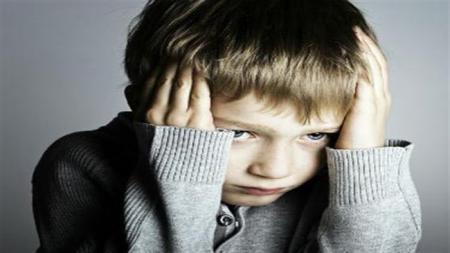
Under-18s who self-harm or are at risk of suicide are among those with complex conditions who could lose out on vital help because of proposals outlined in a recent green paper to tackle the crisis in young people’s mental health, according to psychotherapists who work with children, theguardian.com reported.
In a strongly worded attack on the plans, which are a personal priority for Prime Minister Theresa May, the Association of Child Psychotherapists (ACP) has criticized them as ‘inadequate’, based on ‘false assumptions’ and likely to produce a number of ‘adverse consequences and failures’.
The ACP fears that hard-pressed NHS child and adolescent mental health services (CAMHS) will struggle even more to keep up with a fast-rising demand for care if they are given the job of supervising the new mental health support teams (MHSTs) in schools envisaged in the green paper. Understaffing means that many children wait a long time to start receiving CAMHS care.
“Our key concern is that the already stretched resources in child mental health will be used to support new services in schools instead of, rather than as well as, the specialist NHS services that are required for the most vulnerable and ill children,” said Dr. Nick Waggett, the ACP’s chief executive.
“Specialist clinicians and services are already being downgraded and we fear the green paper will accelerate this so that we end up with a very limited service in schools with no backup from more qualified and experienced colleagues in the NHS.
“The problem is that the proposals assume there are enough qualified staff in CAMHS to supervise the new staff in schools, to treat those children referred from schools to the NHS, and to bring down the waiting time to four weeks. There aren’t,” Waggett added.
At present CAMHS teams care for children suffering with the most serious problems, including emotional trauma and eating disorders as well as behavioral disorders and suicidal thoughts.
The support teams, made up of counsellors but overseen by CAMHS professionals, are expected to treat pupils with lower-level problems, such as anxiety, bullying and depression, though the proposals state that they could also support “all children and young people, including the most vulnerable”.
In a response to the government’s consultation on the green paper, the ACP, which represents about 1,000 child psychotherapists working in CAMHS services, warned that the plans “risk causing harm to the groups identified as being most in need, as well as being ineffective”, and that they will “instigate changes that worsen rather than ameliorate” the existing inadequacy of CAMHS care.
The child psychotherapists also say that:
● Counsellors intended to provide most of the care in schools may lack the skills to deal with pupils who are self-harming, risk-taking or having conduct problems.
● The plans are so ill-conceived that they could breach the ‘parity of esteem’ between NHS services for those with physical and mental health problems that ministers promised in 2013 to institute.
● The four-week waiting time to receive CAMHS care will prove difficult to deliver and may lead to poorer quality care.
